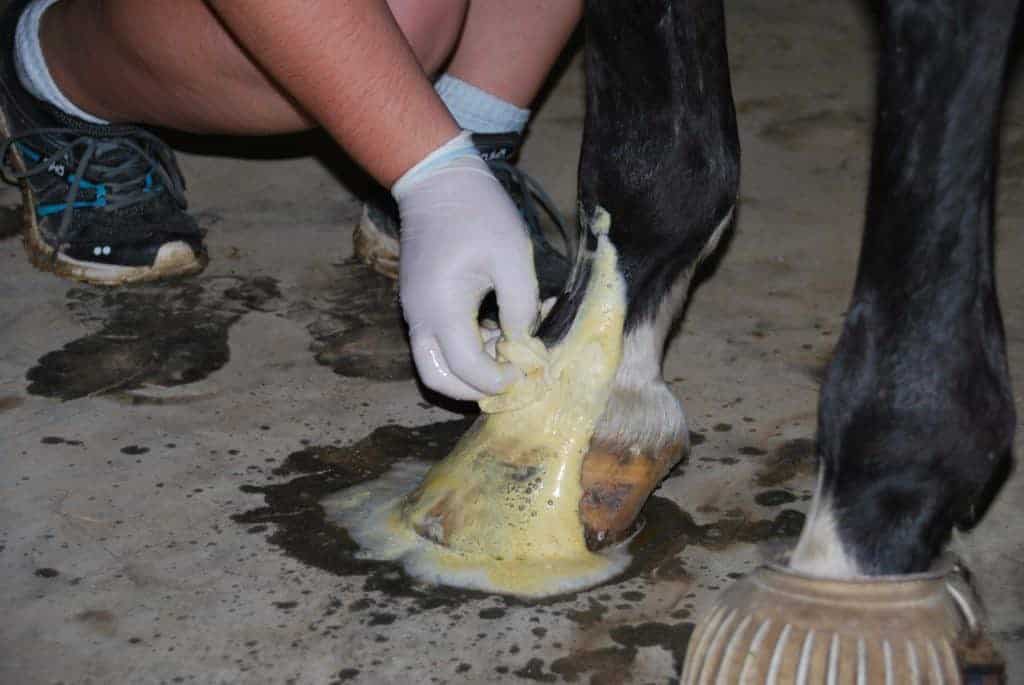
The Veterinarian’s Role in Equine Cruelty Prosecutions
The equine veterinarian is the prosecutor’s most important resource and witness in these cases, one attorney said.

The equine veterinarian is the prosecutor’s most important resource and witness in these cases, one attorney said.

The science behind immunity is complex, but there are several aspects that are useful in everyday mare and foal management.

A properly fitting saddle is key to keeping any ridden horse healthy and performing at its best.

Products that don’t requiring scrubbing to remove dirt and bacteria from skin are gaining in popularity.

Age is a number, not a disease, said Dr. Megan Shepherd. Remember this when tailoring a diet for your older horse.

Many navicular horses have benefited from bisphosphonate treatment, but some questions remain about these medications.

Semen can be contaminated by blood–to an extent–and still be fertile.

Ultrasonography allowed researchers to detect subclinical lesions in young foals and implement treatment promptly.

Dr. Terry Blanchard shares studies on endometritis, semen extenders, stem cell therapy, and more.

Dr. Elizabeth Santschi recaps studies on fracture recovery, joint injections, sarcoid treatments, and more.

Take a look at six ways vets might become involved as well as the legal considerations when dealing with these cases.

Dr. Rob MacKay recaps studies on heparin for EHM prevention, liver failure caused by supplements, headshaking, and more.

Dr.Rob MacKay recaps studies on heparin for EHM prevention, liver failure caused by a supplement, gastric ulcers, and more.

Researchers found that meropenem can be useful, but should only be used when other antibiotics have failed. Here’s why.

Quality rescues practice good horse husbandry, maintain a realistic annual budget, seek continuing education, and more.

Taking multiple radiographic views–both weight-bearing and not–allows vets to assess the findings most accurately.
Stay on top of the most recent Horse Health news with
"*" indicates required fields